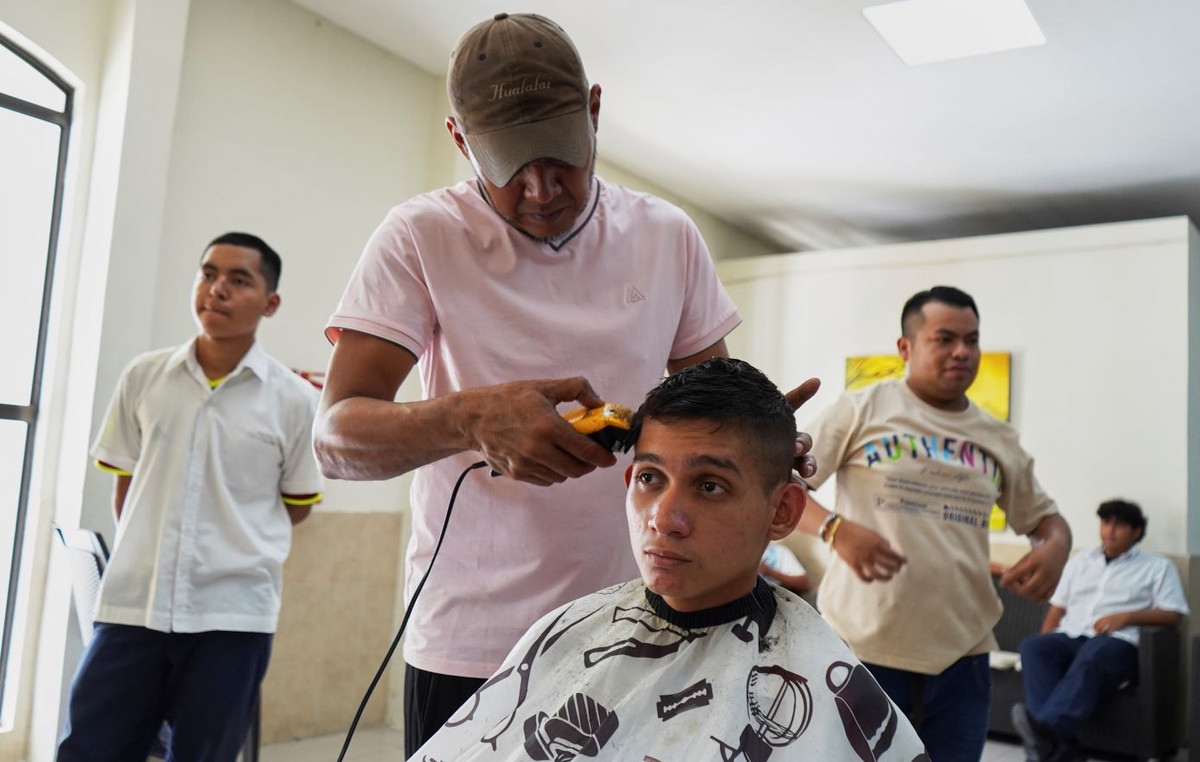On the eve of completing two months, the war in Ukraine has had devastating impacts on the health and well-being of millions of people. The World Health Organization (WHO) warns that the humanitarian crisis also poses challenges to the Ukrainian health system.
Preliminary results from a new WHO survey indicate that, of the 1,000 households that have responded to date, 1 in 3 (30%) that have at least one person with a chronic illness reported difficulties in accessing care for these conditions.
The survey also shows that 2 out of 5 households (39%) have at least one resident with a chronic illness such as cardiovascular disease, diabetes or cancer. The national health needs assessment was carried out in partnership with Premise.
Less than a third of respondents have sought health services recently. Of these, 39% cited the security situation as the main reason, while 27% reported that no health services were available in their region.
The majority of surveyed families (70%) are sheltering in their own homes at the moment, while 11% are staying with friends and family in relatively safer areas, 8% are on the move in Ukraine and 3% are in a shelter or camp for internally displaced.
“Two months into the war, our findings show the urgent need for continued support to the healthcare system in Ukraine,” Jarno Habicht, WHO Representative and Head of the WHO Ukraine Office, said in a statement.
According to the WHO, in the last eight weeks supplies, supplies and medicines were delivered to almost 7.5 million people through partnerships with the local Ministry of Health, Ukrainian health institutions, as well as donors.
“We still haven’t been able to reach some of the hardest-hit areas in the East, where the healthcare system has all but collapsed. We have received reports, for example, that almost all health facilities and hospitals in Luhansk are damaged or destroyed, and the situation is critical in several others,” says Habicht.
The WHO warns that Ukraine’s health system faces several challenges and that the situation is worsening every day. With the precarious conditions, the risk of infectious diseases and water-borne diseases is significant. In addition, routine immunization, including vaccination against Covid-19, has been greatly reduced because of the war.
Access to reproductive, maternal and antenatal care, as well as mental health care, has also been severely impacted due to safety concerns, restricted mobility, breakdown in supply chains and mass displacement.
According to the WHO, health services are also suffering from the attacks, with more than 160 incidents recorded since February 24.
“As a health agency of the United Nations, WHO is in a unique position to engage with all parties to pressure and ensure the safe passage of critical medical and health supplies across the country,” explained Hans Henri P. Kluge, Director WHO Regional Council for Europe.
“Through our regional office and country offices, we are constantly in contact with the Minister of Health, Viktor Liashko, and the Ukrainian health authorities, creating collective strategies to ensure in the best possible way that health providers and facilities can continue to function. ”, he added.
Working closely with partners and through the generosity of a range of donors and funders, WHO was able to provide specialized medical and emergency supplies, deploy medical teams in hard-to-reach areas and help minimize disruptions to critical services, including HIV treatments. , tuberculosis and diabetes, routine immunizations and mental health support.
Source: CNN Brasil







